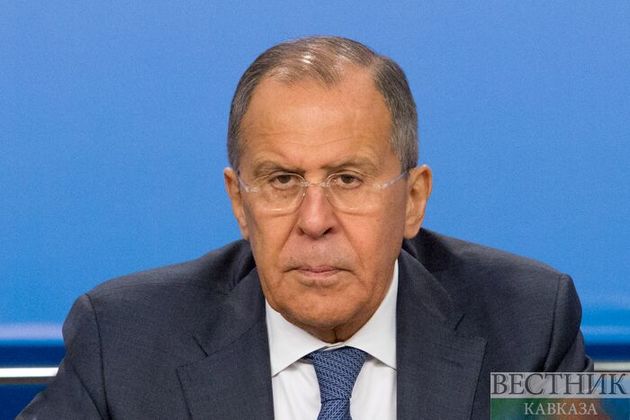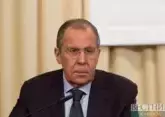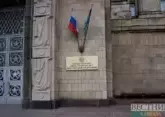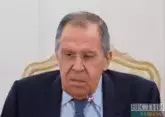The leaders of the two largest opposition parliamentary parties - Mikheil Saakashvili’s United National Movement (UNM) and ex-speaker Davit Bakradze’s European Georgia (EG) - warned the authorities about the imminence of mass protests if Russian Foreign Minister Sergey Lavrov arrives in Tbilisi on May 15 to participate in the meeting of the Committee of Ministers of the Council of Europe (CE). Since November last year, Georgia (selected in alphabetical order) has been chairing the Council of Europe and is obliged to host a meeting of its highest body, the Committee of Ministers of 47 member states.
In other circumstances, the ruling Georgian Dream party would consider the event a huge success on the eve of the fateful parliamentary elections scheduled for October 31, when the issue of power is decided. After all, it is prestigious to head the oldest European organization and host a meeting of its highest governing body. This can be used as an argument in heated discussions with opponents, who strive to accuse the ruling party of billionaire Bidzina Ivanishvili of ‘secretive pro-Russian position’.
But such accusations would not be avoided if the government of Georgy Gakharia for the sake of holding the Committee in Tbilisi violates the Georgian law ‘On Occupied Territories’. According to this document, Russian Foreign Minister Sergey Lavrov has no right to visit Georgia, as he repeatedly violated the above-mentioned law by coming to Abkhazia and South Ossetia, which Tbilisi still considers its regions. (ed.: the independence of Abkhazia and South Ossetia is recognized by Russia and several other UN member states).
But the entry ban of the main diplomat of the largest member state of the Council of Europe can result in the international scandal and cost Georgia European sanctions instead of political bonuses: having headed the Council of Europe, the Caucasian country has made clear obligations and cannot violate them without consequences.
Thus, the Georgian Dream faces a difficult choice: either to take the risk of violent opposition rallies threatening to repeat the June ‘Gavrilovsky’s night’ when fierce clashes took place during the visit of the State Duma delegation, or, on any pretext, refuse to host the European meeting.
The latter option, judging by the statements of GM’s influential deputies, is gaining more and more supporters. For example, a former vice-speaker Tamara Chugoshvili offers the government a way out of this difficult situation. According to her, Georgia, as chairman of the Council of Europe, has already refused to hold a number of events in Tbilisi, asking to move them to Strasbourg. The only reason was the fact that some Russian deputies representing the Russian Federation in the Council of Europe and wishing to arrive in the Georgian capital to participate in the work of various bureaus and committees, visited Sukhum and Tskhinval, thereby violating the notorious law ‘On Occupied Territories’, and the relocation of events to Strasbourg removed all these risks. "The same can be done with the CE supreme body meeting,” Chugoshvili and some other deputies who do not want new shocks said.
However, this approach is not acceptable for everyone: recently speaking at the Parliamentary Assembly of the Council of Europe (PACE), President Salome Zurabishvili puzzled many by saying that she was ready to ‘step over the Georgian law ‘On Occupied Territories’ only to fulfill its obligations. This statement fueled the opposition’s determination to rally in May against Sergey Lavrov’s arrival.
However, no one in Georgia knows whether the head of Russian diplomacy intends to go to Tbilisi, where he has not been since the 2008 ‘five-day conflict’. That is why the local authorities are not in a hurry to officially announce the relocation of the meeting of the Committee of Ministers to Strasbourg: if Moscow does not confirm that Georgia is in the May agenda of the head of Russian Foreign Ministry, then there is no need to relocate the event.
But Moscow is in no hurry to clarify the situation, and its representatives in PACE only urge their Georgian colleagues to remember the need to ‘fulfill all international obligations’.










